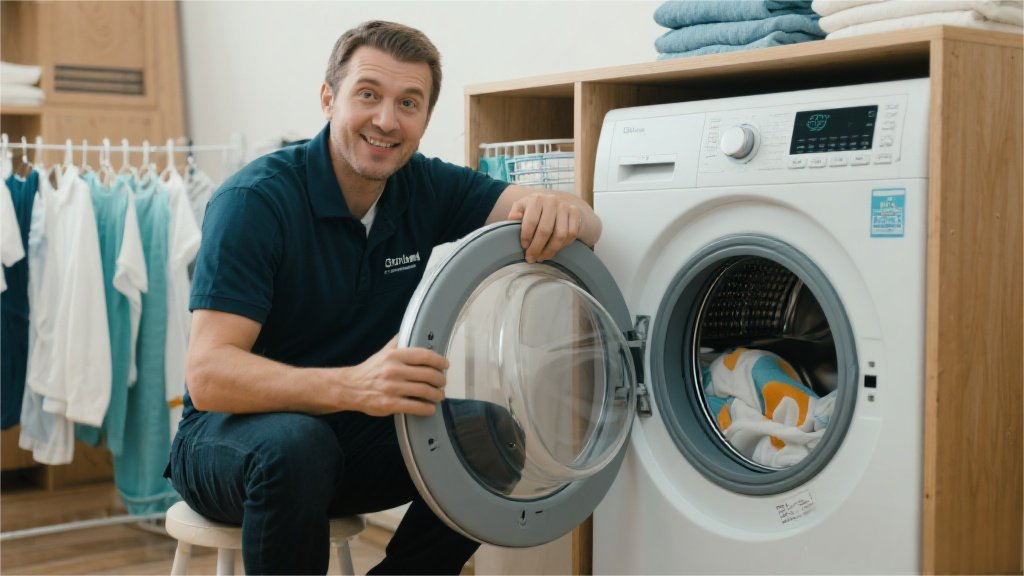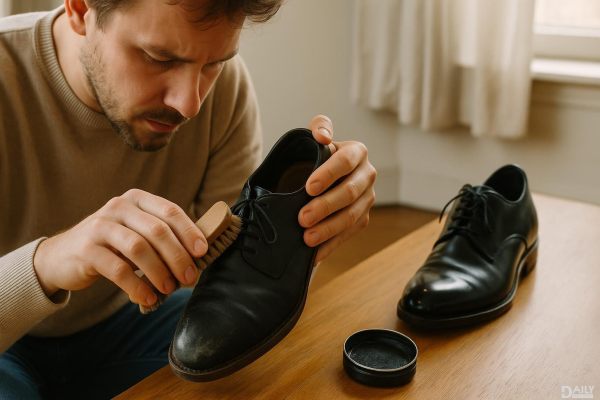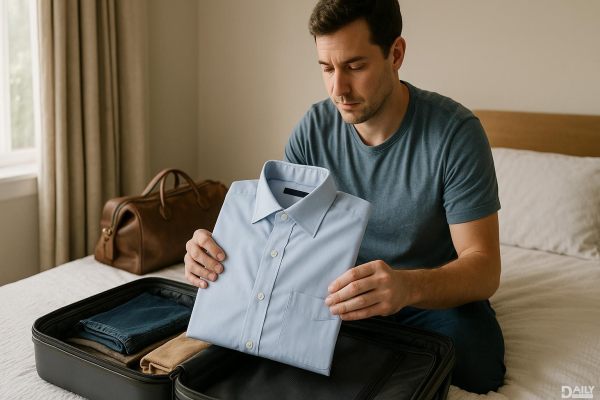If you're reading this at 3 a.m. because your brain decided sleep is optional tonight, welcome to the club. Turns out, waking up in the middle of the night isn’t just your personal brand of suffering—it’s a surprisingly common sleep sabotage. After years of assuming I was uniquely cursed with nighttime alertness, I finally sat down with sleep consultant Kelly Murray, who dropped some truth bombs about why my brain treats bedtime like an all-night rave. Trauma, screen addiction, and good old-fashioned stress were all crashing the party. But here’s the good news: small tweaks can make a big difference. Below, the seven game-changers that actually helped me stop staring at the ceiling like a zombie.
The Trauma-Sleep Connection You Never Saw Coming
Here’s the plot twist no one tells you: childhood trauma can hijack your sleep decades later. When I casually mentioned some rough patches from my past, Murray explained how unresolved stress gets stored in the body like a corrupted file—and your nervous system keeps trying to "process" it at 2 a.m. This was my lightbulb moment. She recommended somatic exercises (think gentle body stretches paired with breathwork) to help discharge that pent-up tension. I started with a simple 5-minute routine of shoulder rolls and diaphragmatic breathing before bed. The first week felt silly, but by day 10, I noticed fewer midnight adrenaline surges. Pro tip: Try pairing this with journaling—scribbling down three things weighing on you gets them out of your head and onto paper.
Breaking Up With Blue Light (It’s Complicated)
Confession: I used to scroll TikTok until my eyeballs dried out, convinced it "relaxed" me. Murray burst that bubble fast—turns out blue light suppresses melatonin (your sleep hormone) more effectively than an espresso shot. Her prescription? A digital sunset 90 minutes before bed. I swapped doomscrolling for a three-part detox: amber-tinted glasses after dinner (they look ridiculous but work), switching my phone to grayscale mode at 8 p.m., and trading YouTube for audiobooks. The first few nights were agony, but within two weeks, my body actually started feeling drowsy at 10:30 p.m. instead of wired. Bonus: My "screen hangovers" (that groggy morning feeling) vanished.
The Temperature Trick That Changed Everything
Ever notice how you sleep better in hotel rooms? Murray says it’s not just the novelty—it’s the thermostat. Most people sleep best when their core temperature drops slightly, but we sabotage this by overheating bedrooms. I took her advice to heart: now, my AC kicks on at 66°F an hour before bedtime, I swap thick pajamas for breathable linen, and I use a cooling pillow insert. The difference was shocking—I went from tossing every hour to sleeping through entire REM cycles. For budget-friendly cooling, try sticking your feet out from under the covers (your body’s natural "radiator") or placing a frozen water bottle near your bed.
Caffeine’s Sneaky Second Act
Here’s the brutal truth I resisted: that 3 p.m. latte was still partying in my system at midnight. Murray explained caffeine has a 10-hour half-life—meaning if you drink it at noon, a quarter of it is still circulating at bedtime. I conducted an experiment: no caffeine after 10 a.m. for two weeks. The withdrawal headaches were real (proceed with ibuprofen), but by day 5, my sleep tracker showed 22% more deep sleep. Now I do a caffeine cutoff at 11 a.m. and substitute with chicory root "coffee" in the afternoons. If you can’t quit cold turkey, try tapering—replace half your usual dose with decaf for a week before going full sober.
The Bedtime Snack Paradox
Contrary to popular belief, going to bed hungry can wake you up just as much as overeating. Murray schooled me on blood sugar crashes—when glucose levels plummet at 3 a.m., your body panics and releases cortisol (the wake-up hormone). Her genius hack? A 150-calorie protein-fat combo 30 minutes before bed. I tested options: almond butter on whole-grain toast worked better than carbs alone, but the real MVP was a small bowl of full-fat cottage cheese with pumpkin seeds. The casein protein digests slowly, preventing those metabolic emergency alarms. Avoid anything sugary—that’s basically inviting your pancreas to throw a rave.
Retraining Your Brain’s Bedtime Bullshit
This one sounded hokey but worked shockingly well. Murray had me practice "cognitive shuffling"—a fancy term for boring yourself to sleep. When my mind starts racing, I mentally list random items alphabetically (A: apple, B: bookshelf, C: carburetor...). By letter G, my brain usually nopes out. Another trick: the 4-7-8 breathing method (inhale 4 counts, hold 7, exhale 8). It activates your parasympathetic nervous system like a biological off-switch. For the first three nights, I gave up around round five, but by week two, I rarely made it past three cycles without conking out.
The Daytime Habits That Fix Nighttime Problems
Here’s the kicker: sleep starts in the morning. Murray had me overhaul my daylight hours—15 minutes of morning sunlight (no sunglasses) to set my circadian rhythm, a 20-minute afternoon walk to prevent the 3 p.m. slump, and strength training three times a week (cardio can spike cortisol if overdone). The biggest surprise? Hydration. Being just 2% dehydrated makes you more prone to nighttime wake-ups. I started drinking half my body weight in ounces of water (stopping two hours before bed to avoid pee breaks) and noticed fewer dry-mouth wake-ups. Pro move: add electrolytes to your last water bottle of the day—it helps your cells actually absorb the liquid instead of sending it straight to your bladder.
After two months of implementing these changes, I’ve gone from waking up 4-5 times a night to maybe once—and even then, I can usually drift back within minutes. The real victory? Finally understanding that sleep isn’t some mystical talent reserved for other people. It’s a skill you can hack, one weird trick at a time. So if you’re reading this during another sleepless night, know this: your 3 a.m. brain might feel like an enemy, but with the right tools, it can become your most boring, well-rested ally.
























